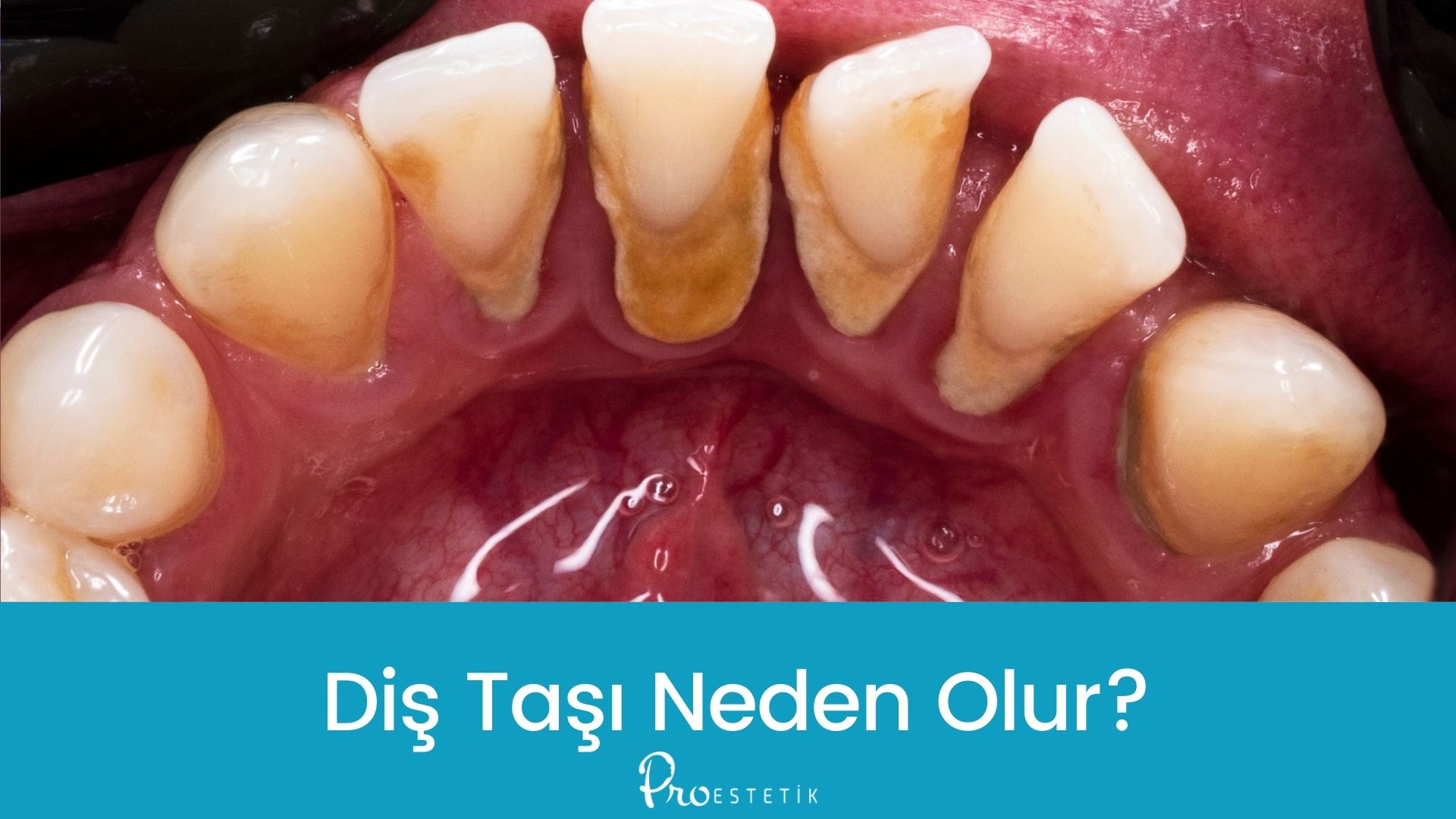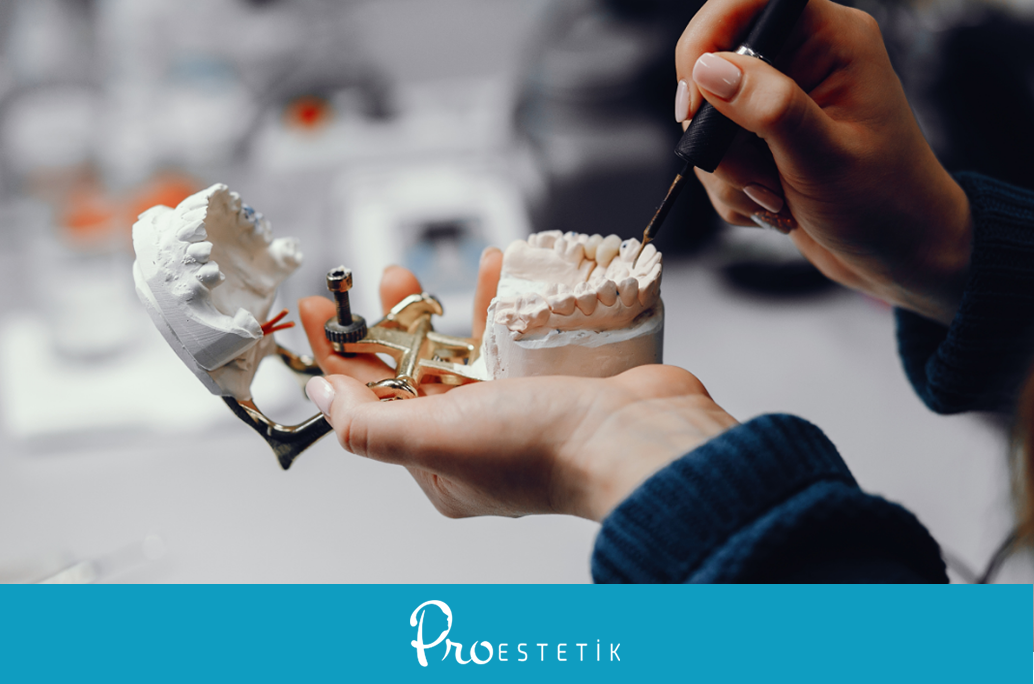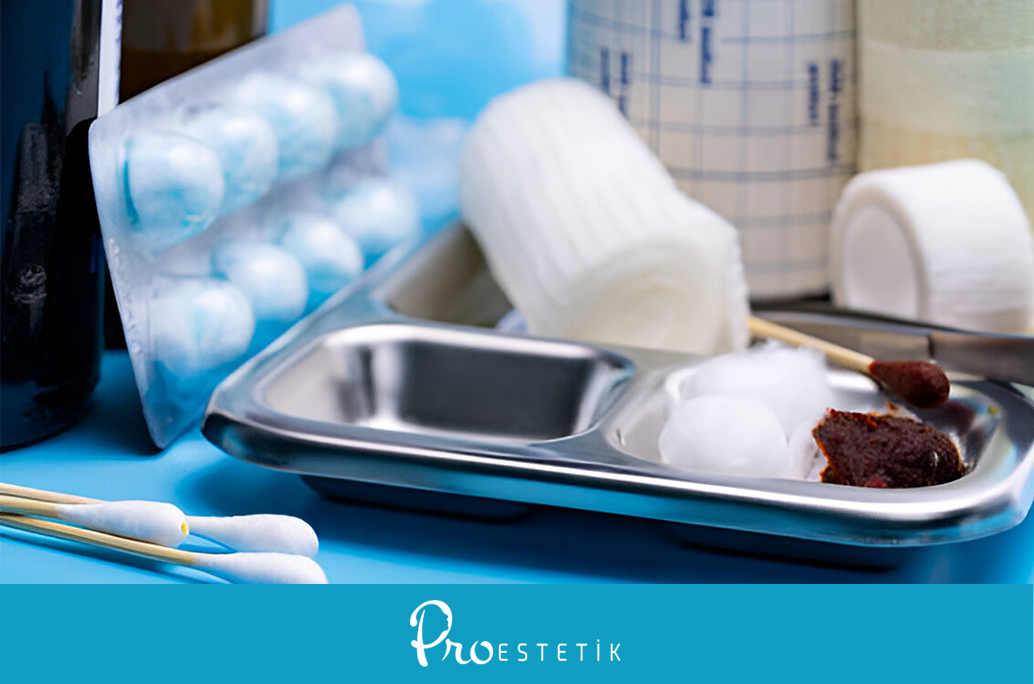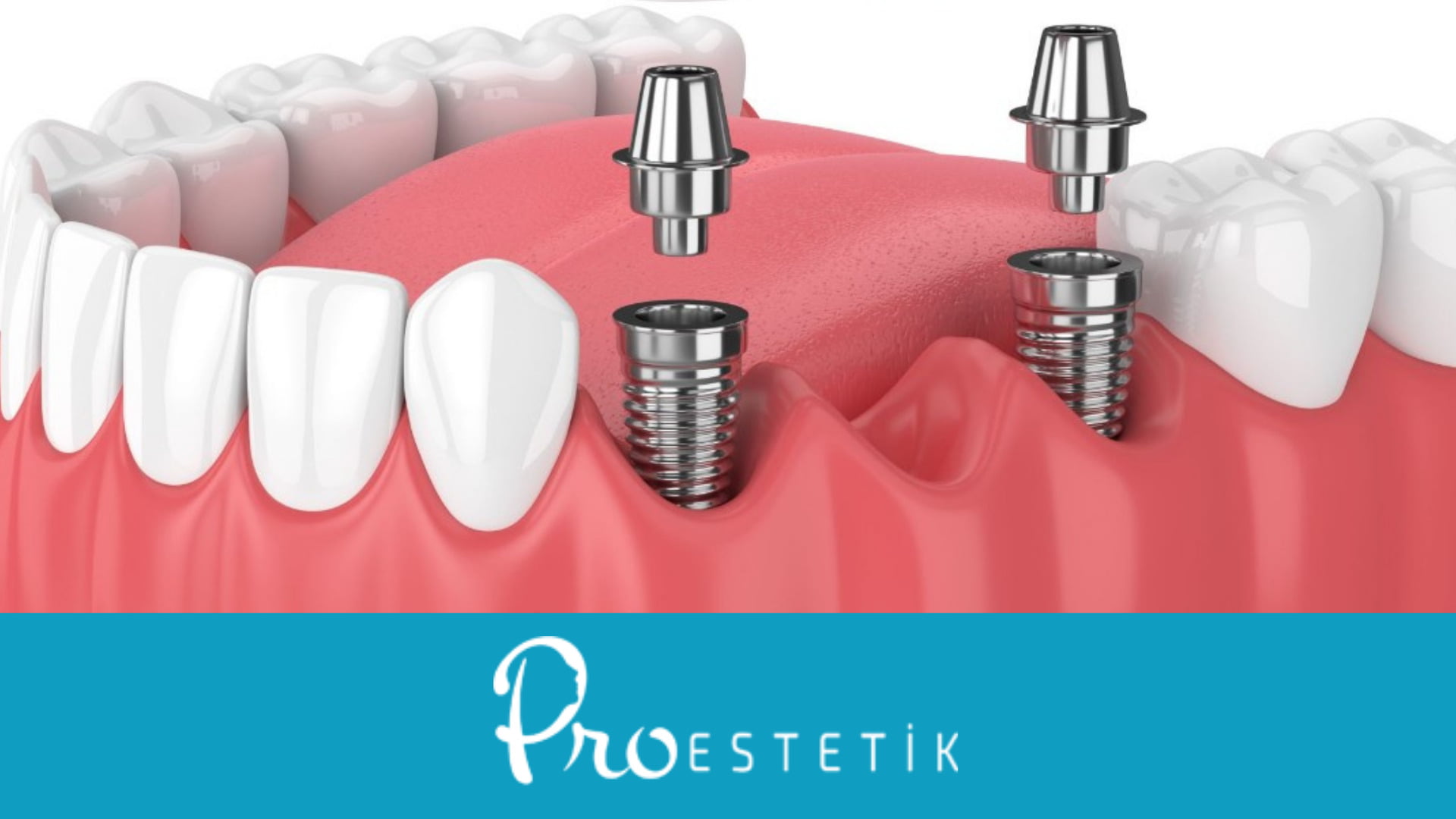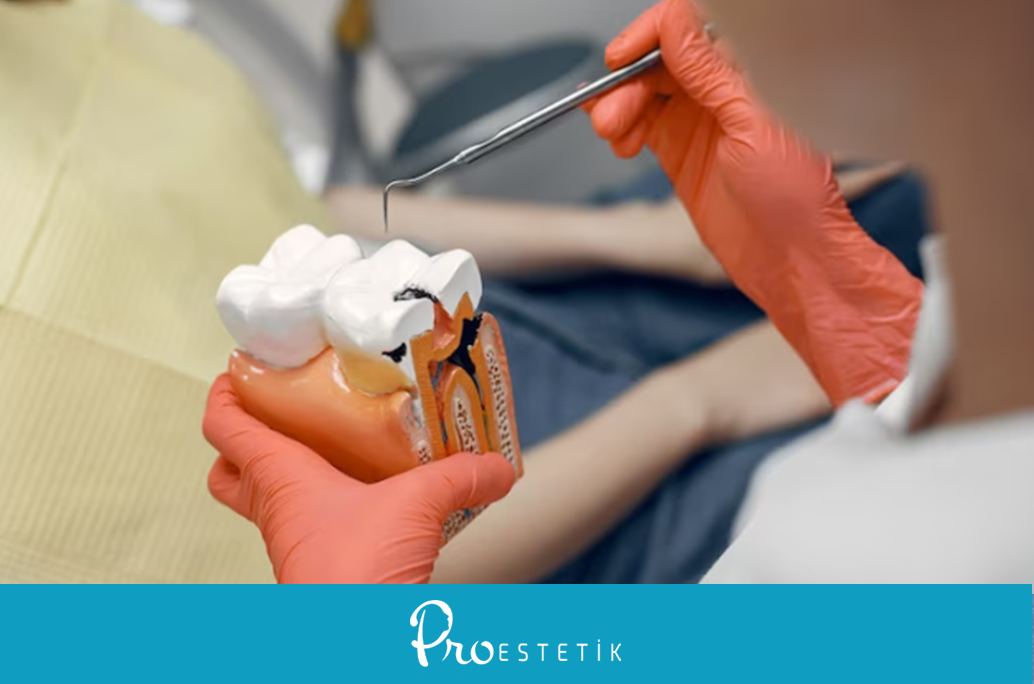Flap operation, also known as gingival surgery, is a dental treatment method where the gums are opened, and deep-seated tartar and plaque are removed, followed by suturing to restore the gums to their original appearance.
How is Flap Operation Done? Operational Process:

- Detailed examination is conducted, and the decision for the operation is made.
- Local anesthesia is administered to the patient before the flap operation.
- A cut is made initially in the diseased gum area.
- This incision allows access to the diseased tissues.
- Plaques and tartars are cleaned.
- If there is damage to the bones, grafts are placed to repair the damage.
- After the procedure is completed, the incision is closed, and sutures are applied.
The duration of the procedure varies depending on the extent of the diseased area, typically lasting a few hours.
Who is Flap Operation For?
Flap operation is performed when there are various issues with the gums, especially when there is frequent bleeding, swelling, and sensitivity indicating gum problems. If scaling procedures are ineffective, flap operation is considered.
Does Flap Operation Cause Pain?
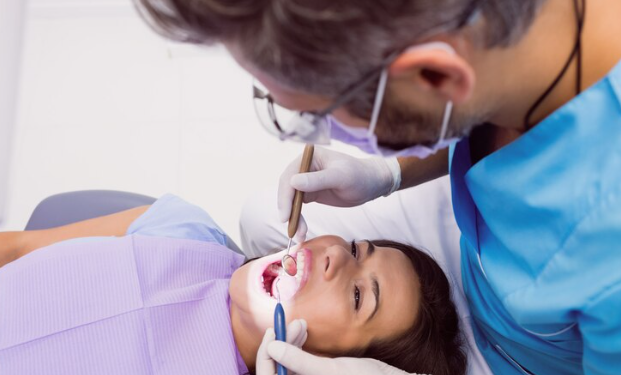
Before the operation, the patient is administered anesthesia, so there is no pain during the procedure. However, there may be discomfort during the healing process, which can be managed with recommended painkillers.
Difference Between Scaling and Flap Operation:
Scaling and flap operations are both used to treat gum diseases. Scaling can address early-stage plaque and tartar problems using various tools. Flap operation is reserved for more advanced stages of these problems when deeper cleaning is required.
Healing Process After Flap Operation:
A few weeks after the flap operation, the sutures are removed, and the gum is fully healed. It's crucial for patients to follow post-operative care instructions to ensure proper healing and prevent recurrence of gum problems.
Post-Operative Care:

- Avoid hard foods for a week after the operation.
- Refrain from smoking.
- Extreme temperatures of food and beverages should be avoided.
- Maintain extra attention to oral hygiene.
- Regular dental check-ups and proper oral care routine are essential to prevent recurrence.
Remember, this information is for educational purposes only. For accurate diagnosis and treatment, it's crucial to consult a dental professional. For any dental issues or routine check-ups, you can visit our clinic and benefit from our expert team's free examination service.

 English
English Turkish
Turkish Deutsch
Deutsch العربية
العربية![[:en]What is Flap Operation (Gingival Surgery), How is it Done, and What is the Recovery Period?[:tr]Flap Operasyonu (Diş Eti Ameliyatı) Nedir, Nasıl Yapılır?[:de]Was ist eine Lappenoperation (Zahnfleischchirurgie) und wie wird sie durchgeführt?[:ar]ما هو عملية الثني (جراحة اللثة) وكيف يتم إجراؤها؟[:] flap-operasyonu](https://proestetik.com.tr/wp-content/uploads/2024/01/flap-operasyonu22.png)



